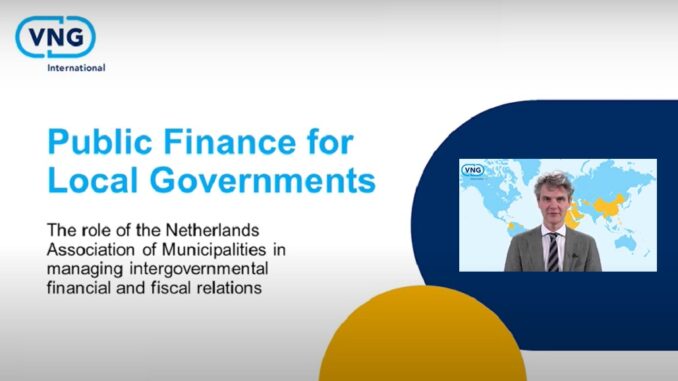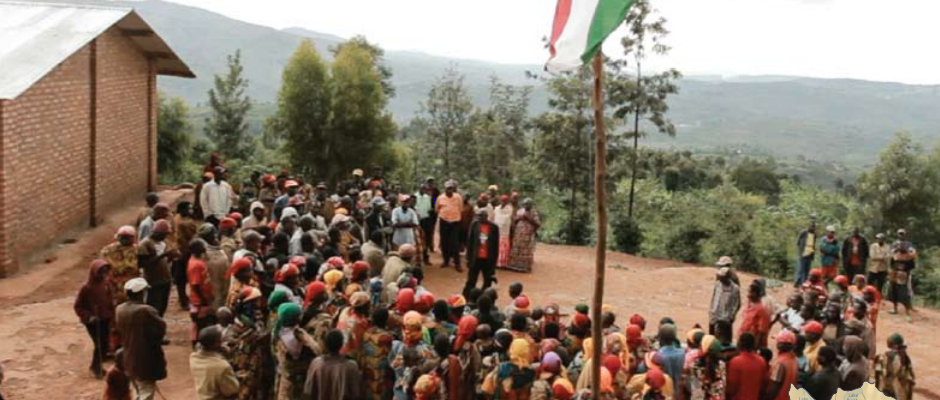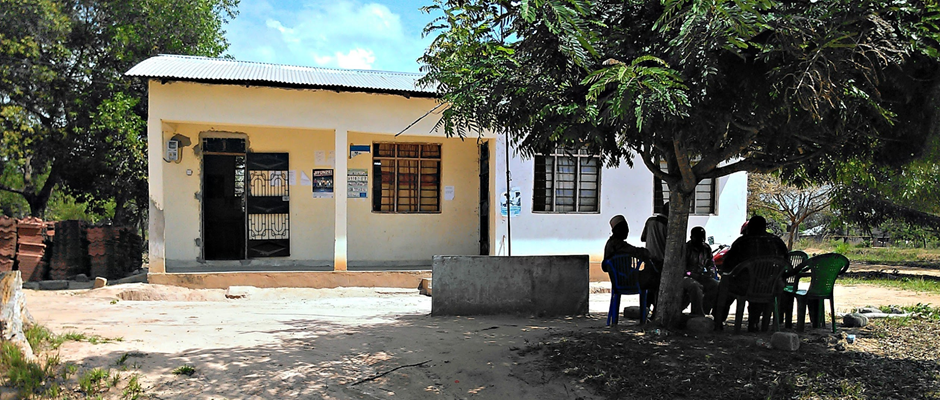
VNG International is the International Cooperation Agency of the Association of Netherlands Municipalities, rooted in a long history of local democracy and local government. The organization’s mission is to strengthen democratic local government in developing countries and countries in transition. In the Netherlands itself, the efforts of the Association of Netherlands Municipalities (VNG) focus on promoting local interests at the national level and supporting local governments by providing a platform for sharing knowledge and experiences.
“We are the voice of the Dutch municipalities at the national level,” said Pieter Jeroense, Director of VNG, during a recent webinar on Municipal Finance in the Netherlands and Worldwide. This virtual event provided an opportunity for local governments in the Netherlands to share their experiences with public finance and good practices for mobilizing own-source revenue at the local level.
During the first part of the webinar, Funding Local Public Services in the Netherlands, Prof. Dr. Arjen Schep of the Erasmus University in Rotterdam introduced the following segments:
- Local governments in the Netherlands. The Dutch are known for order and efficiency, and their aversion to unequal treatment is evident in their service levels. The Netherlands, which is a constitutional monarchy, has a decentralized unitary state, with provinces and municipalities that have extensive powers. Water boards are less powerful compared to municipalities and provinces, but they maintain responsibility for water management.
- Fiscal transfers from the central government to municipalities. The Dutch municipal account relies on fiscal transfers, with 57% of total income coming from central government grants. The system distributes funds based on cost-oriented principles, global distribution, flexibility, objective criteria and stability. Municipalities with a wealthier population receive fewer fiscal transfers, while those with a poorer population receive more.
- Own-source revenues of municipalities in the Netherlands. The Dutch system of municipal taxes allows local governments to levy taxes independently, providing local governments the autonomy to make municipal choices, buffer for unexpected financial setbacks, and compensate for inefficiencies in the allocation of central grants. Property taxes serve as the most significant income source, accounting for over four billion euros.
- Levying and collecting taxes. The municipal and national tax authorities have the same powers. They have extensive powers, including debt cancellation and asset seizure. Taxpayers can object to assessments and appeal to courts, and efforts are being made to improve valuation quality and transparency.
- Reflection: The share of local taxes in total tax revenues in the Netherlands is relatively small, relative to the amount of central grants and total governmental spending. The cooperation between municipalities, provinces, water boards, and the central government is crucial for the effective execution of tax collection.
The approach to supporting own source revenue at the local government level was presented by Siebe Stellingwerf, thematic advisor at VNG International, in the second part of the webinar, Mobilizing Own Source Revenue at the Local Level. In his presentation, Stellingwerf emphasized that relying solely on central government grants is not a sustainable long-term solution, as these funds can often be unpredictable and insufficient.
Key Points
- The Dutch Association of Municipalities focuses on supporting local governments worldwide in funding public services and infrastructure investments. These governments are often in the middle, relying on the central government for fiscal transfers and having more control over their own source revenues. They collect taxes and fees, which are used to fund local public services and infrastructure investments.
- VNG International’s projects analyze local contexts in three categories: mandate, social contract, and technical capacities. The legal framework examines government structure and fiscal transfers, while transparency and accountability focus on revenues and leadership interaction. Technical capacities examine data collection and payment collection.
- VNG International has developed digital tools for data collection and image distribution in the revenue redesign process, including tax registration, property valuation and tax calculation. These tools automate tax calculations, bill creation, distribution, and payment processing, with the option to introduce waivers for non-payers.
The webinar presentations on Municipal Finance in the Netherlands and Worldwide are available on the website of VNG International. The webinar includes presentations by VNG International Director Pieter Jeroense, Prof. Dr. Arjen Schep, and Siebe Stellingwerf.



